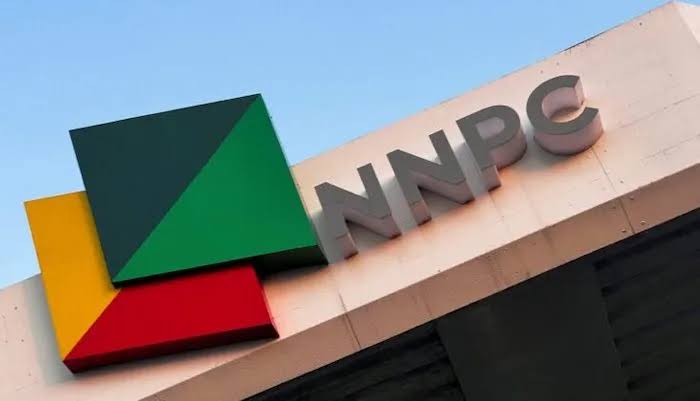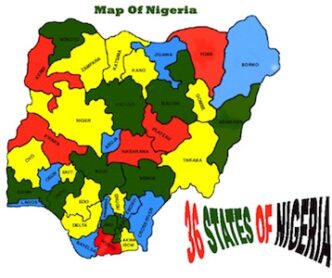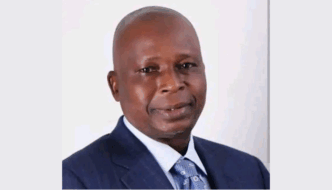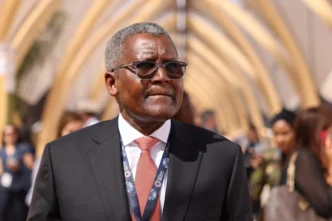Nigeria’s national oil company is facing renewed scrutiny after the Auditor-General of the Federation flagged the Nigerian National Petroleum Company Limited (NNPC Ltd.) for failing to remit one-fifth of its 2020 operating surplus, amounting to N12.721 billion, into the government’s general reserve fund, in violation of the Fiscal Responsibility Act (FRA) of 2007.
The finding, contained in the Auditor-General’s most recent 808-page annual report submitted to the National Assembly, raises governance concerns around the state-owned energy company’s transition from a public corporation to a limited liability company and the implications for fiscal oversight.
According to the report, auditors found ‘no evidence’ that NNPC transferred the required one-fifth of its 2020 operating surplus to the General Reserve Fund as mandated under Section 22(1) of the FRA.
Read also: Senate rejects NNPCL’s explanations on missing ₦210trn
The law requires all public corporations to establish a general reserve fund and remit 20% of their operating surplus annually. The audit also stated that NNPC provided ‘no justification’ for its non-compliance.
The Office of the Auditor-General warned that the failure to remit the surplus exposed Nigeria to risks such as the “possible diversion of funds and wasteful expenditure,” and “depletion of the reserve fund,” mechanism intended to stabilise public finances.
NNPC management, in its formal response to the audit query, argued that the Fiscal Responsibility Act no longer fully applies to the company because it transitioned from a public corporation to a limited liability company following the enactment of the Companies and Allied Matters Act (CAMA) 2020 and the Petroleum Industry Act (PIA) 2021.
According to the company, its restructured status means it now operates as a profit-oriented commercial entity governed by company law rather than by the regulatory frameworks intended for ministries, departments, agencies, and public corporations.
The company said it engaged the Office of the Accountant-General of the Federation to reconcile outstanding liabilities and claimed that the required liabilities “were determined and appropriately settled,” though the audit report did not confirm the settlement of the N12.7 billion or specify the time frame.
NNPC further argued that under its new corporate structure, dividend payments to the Federal Government, its sole shareholder, replace the statutory remittance of operating surpluses to a general reserve fund.
“The governance and financial management of NNPC Limited are guided by the PIA and CAMA, which override the provisions of the Fiscal Responsibility Act in this context,” the company said in its written response.
The Auditor-General’s report, however, highlights a legal grey area that may complicate fiscal oversight of the country’s most important revenue-generating entity. While NNPC’s transition to a limited company is designed to grant it commercial flexibility, the status of obligations accrued prior to the restructuring remains contested.
“Audit notes the Management’s response to the issue raised but not satisfactory. Therefore, the findings remain valid until the Management implements the recommendations,” the Auditor-General’s report said.
Read also: Senate uncovers $303bn crude oil diversion under NNPC’s DSDP scheme
Fiscal experts note that the FRA had not been repealed and remains binding on public corporations for the periods during which they operated as such. The audit specifically covers the financial year ending December 31, 2020, well before the PIA transformed NNPC into a limited liability company in 2021.
The Auditor-General’s report recommended decisive action by the Public Accounts Committees of the National Assembly.
Among the key directives, lawmakers are asked to compel the group chief executive officer of NNPC to: provide justification for the non-remittance of N12.721 billion in operating surplus for 2020; remit the sum without delay to the General Reserve Fund; forward evidence of compliance to the National Assembly and Face sanctions relating to “failure to collect and account for government revenue and gross misconduct” as prescribed in the 2009 Financial Regulations.
The NNPC’s GCEO at the time the infractions occurred was Mele Kyari, who was removed earlier this year and replaced by Bayo Ojulari.
Implications for Nigeria’s fiscal position
The Federal Government has increasingly leaned on NNPC Ltd. for revenue, especially after ending gasoline subsidies in 2023 and consolidating major oil-sector operations under the national company.
Analysts say even modest failures in remittance compliance can significantly affect public revenue flows, given NNPC’s historically outsized financial footprint in the Nigerian economy.
Presently, the Economic and Financial Crimes Commission (EFCC) is investigating 14 NNPC officials, including two former chief executives, Mele Kyari and Abubakar Yar’Adua, over an alleged $2.7 billion fraud in the maintenance and rehabilitation of the Kaduna, Warri and Port Harcourt refineries.
The three refineries have consistently underperformed, recording zero production over the years, despite receiving annual allocations and incurring billions of dollars in turnaround maintenance costs.
Read also: Court dismisses Dangote’s N100bn lawsuit against NNPCL over oil import licenses
Despite the massive financial injection into the refineries, public records and site visits indicate that the facilities have largely failed to resume meaningful operations.
Since June, the Senate Committee on Public Accounts has been probing the NNPCL over N210 trillion allegedly unaccounted for in its audited financial statements between 2017 and 2023. The management was summoned four times to explain the inaccuracies, but only sent a written explanation last week.
The Auditor‑General’s 2021 report also flagged the NNPC for unauthorised deductions and diversion of N514 billion.









